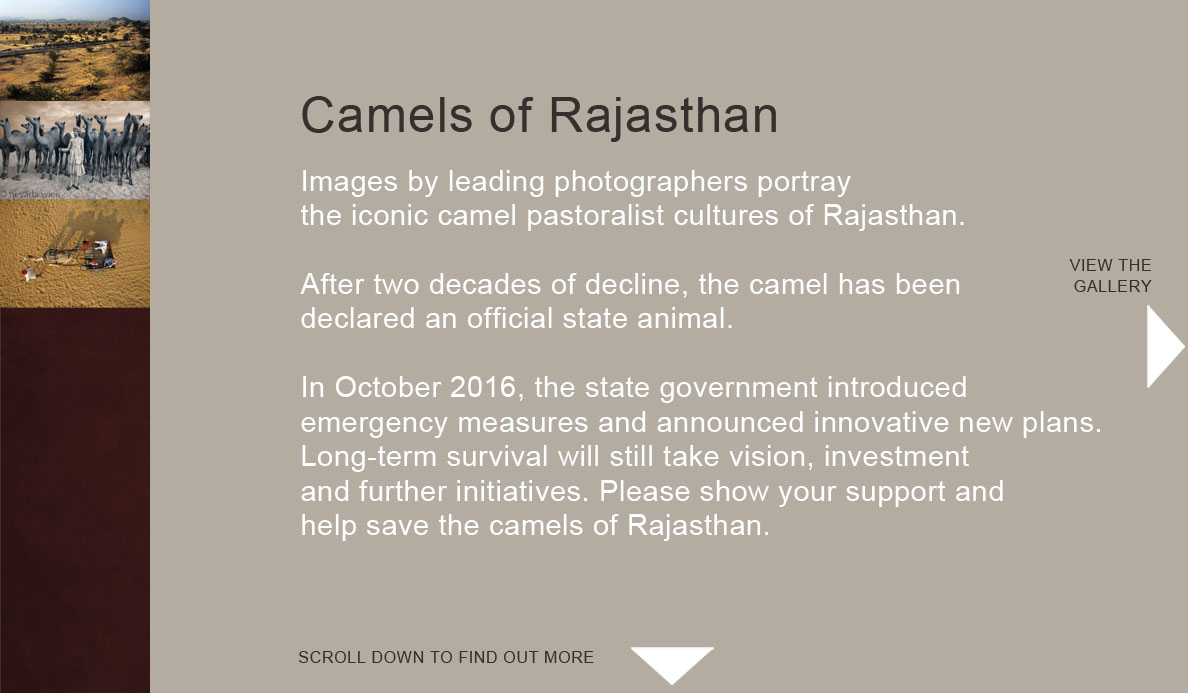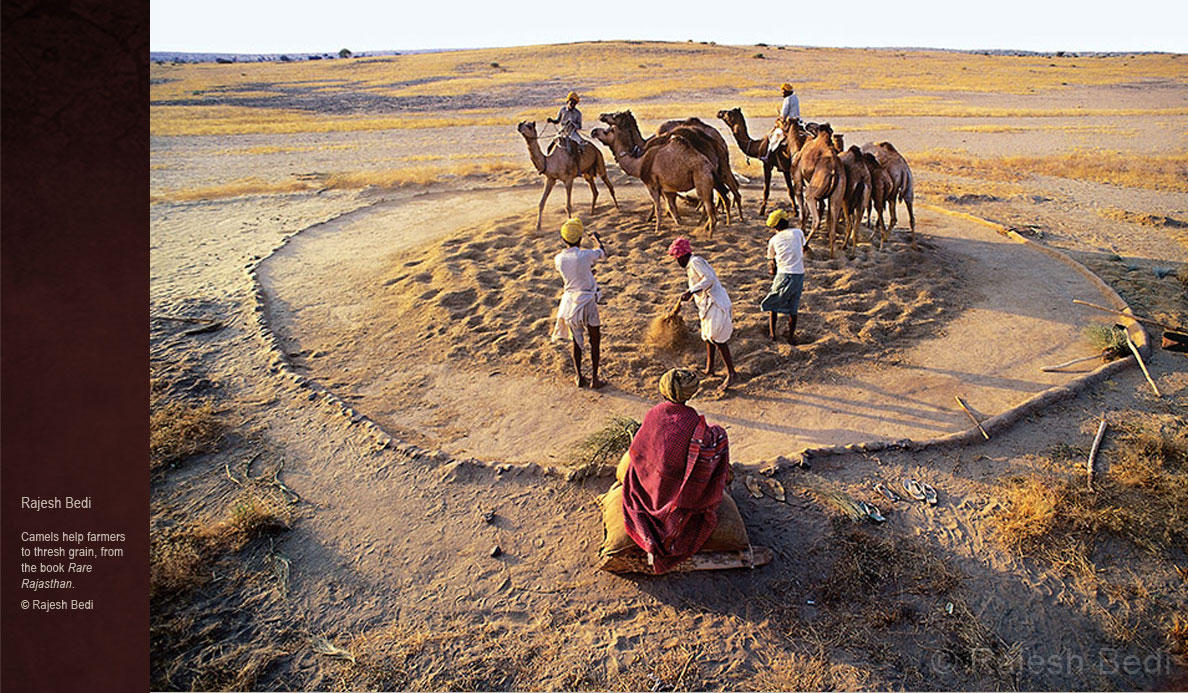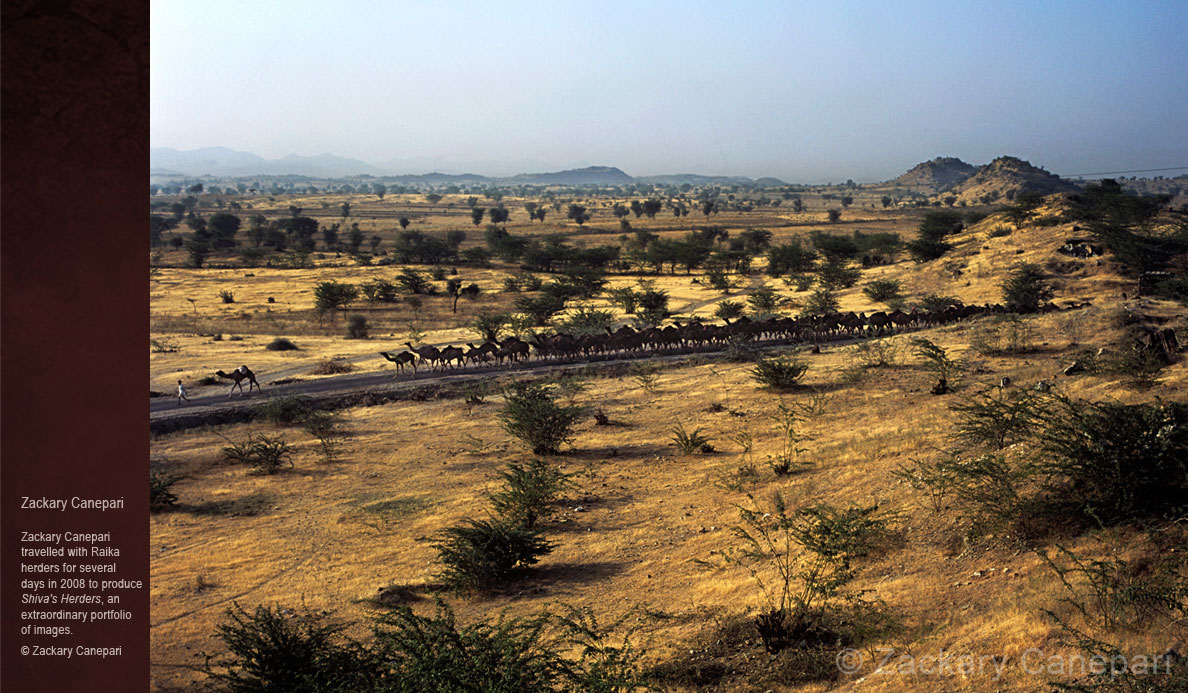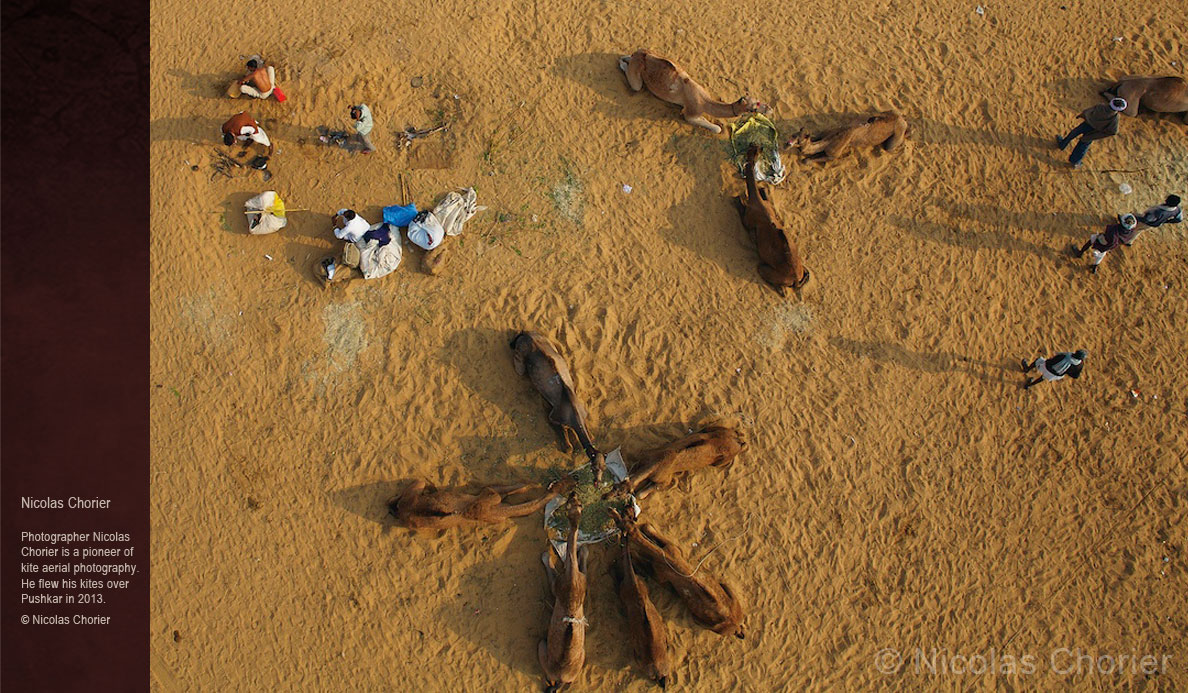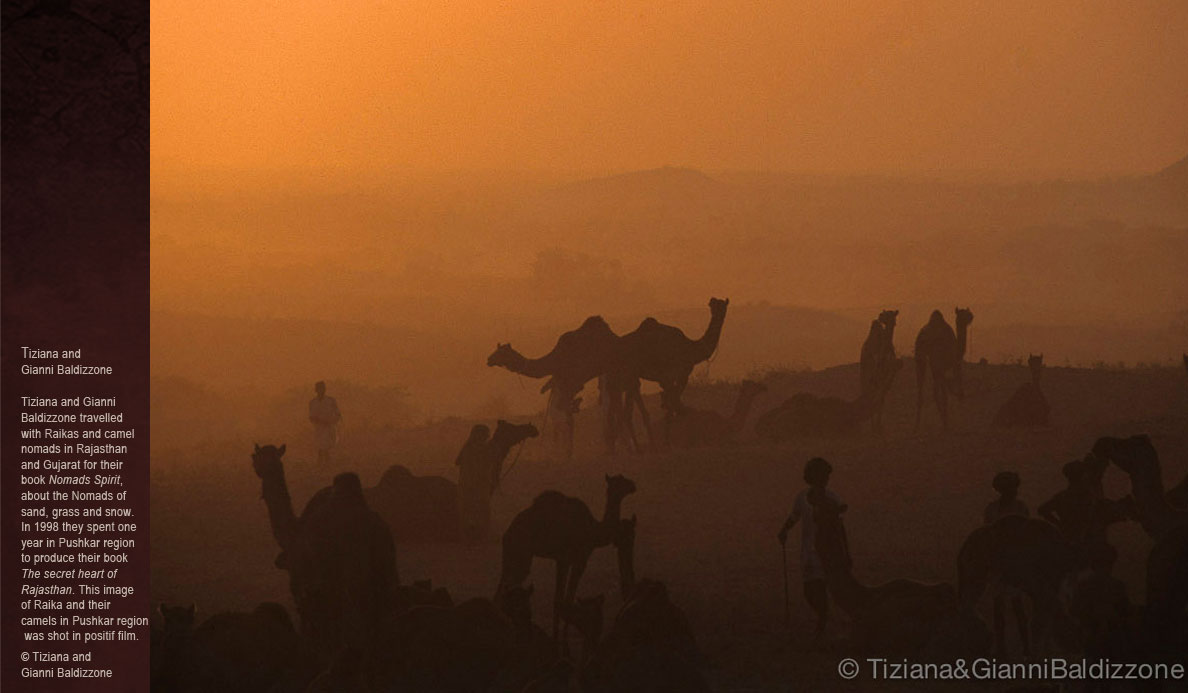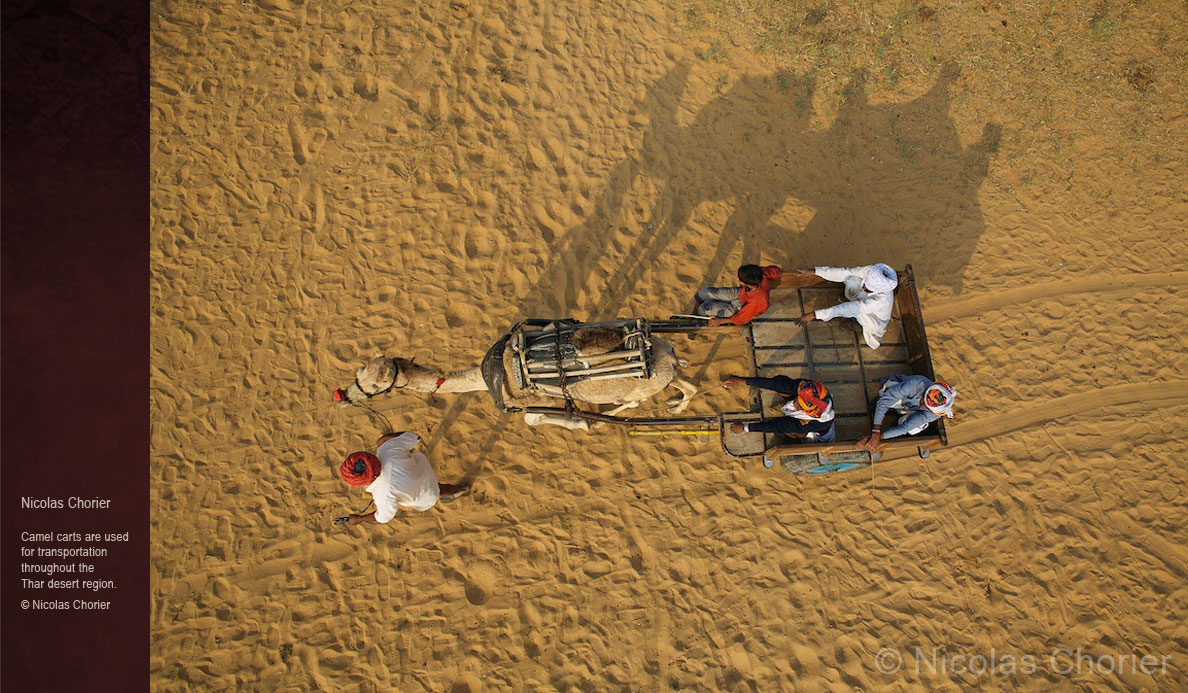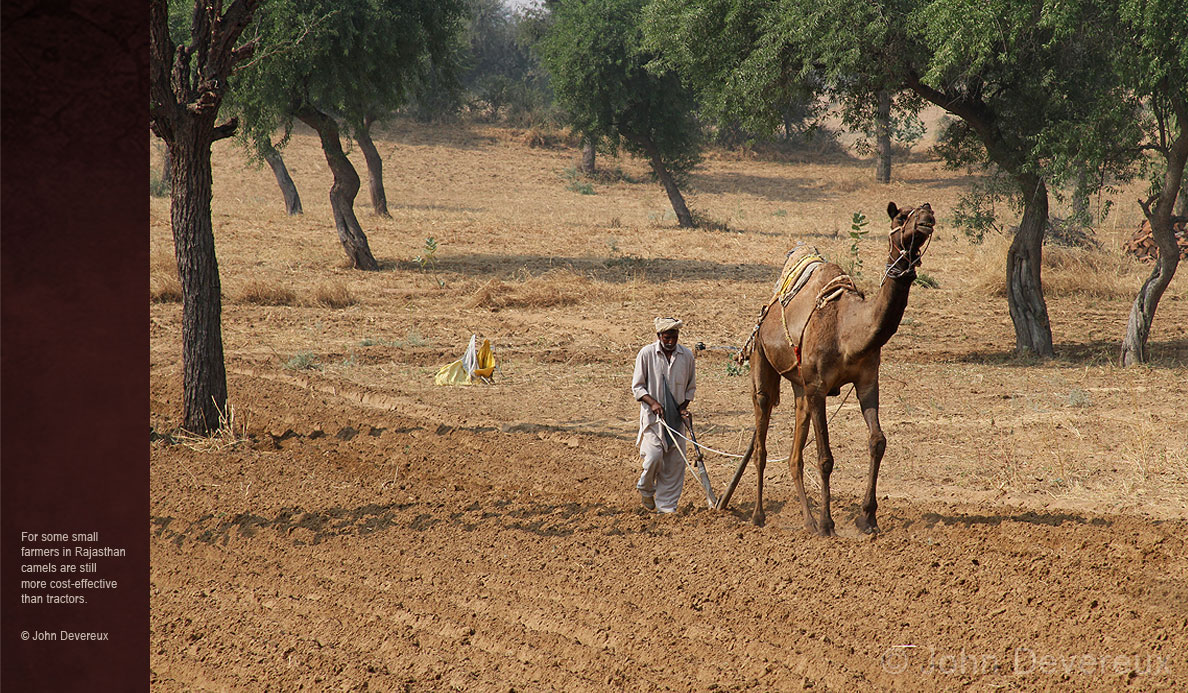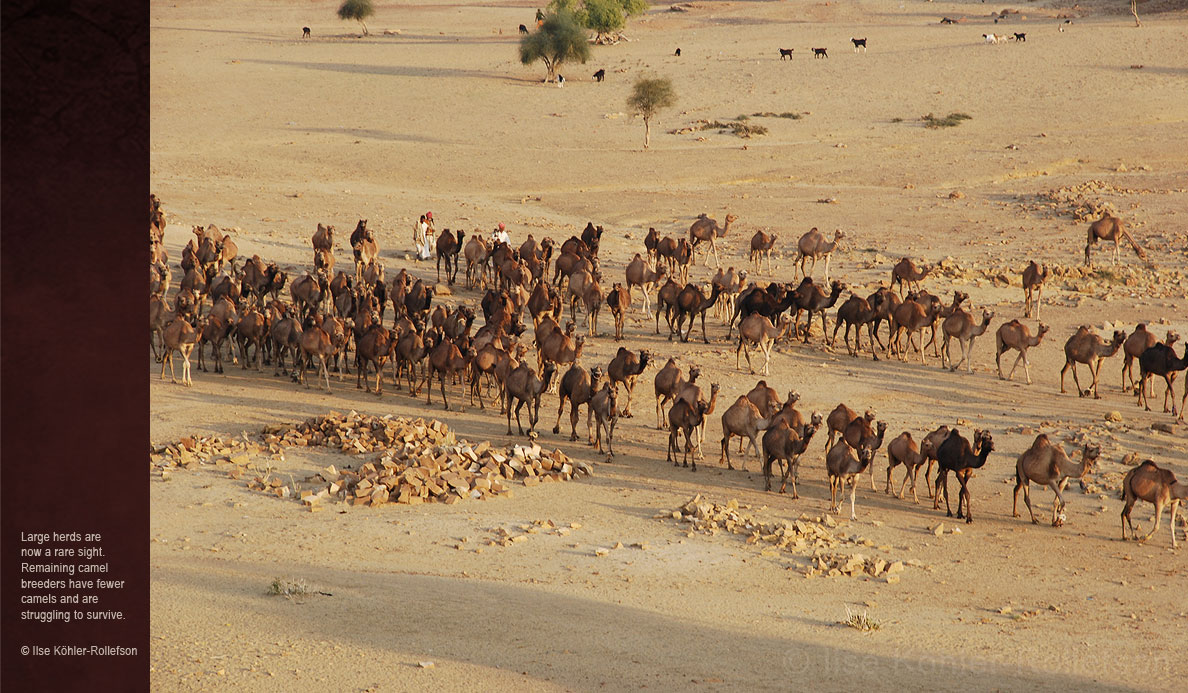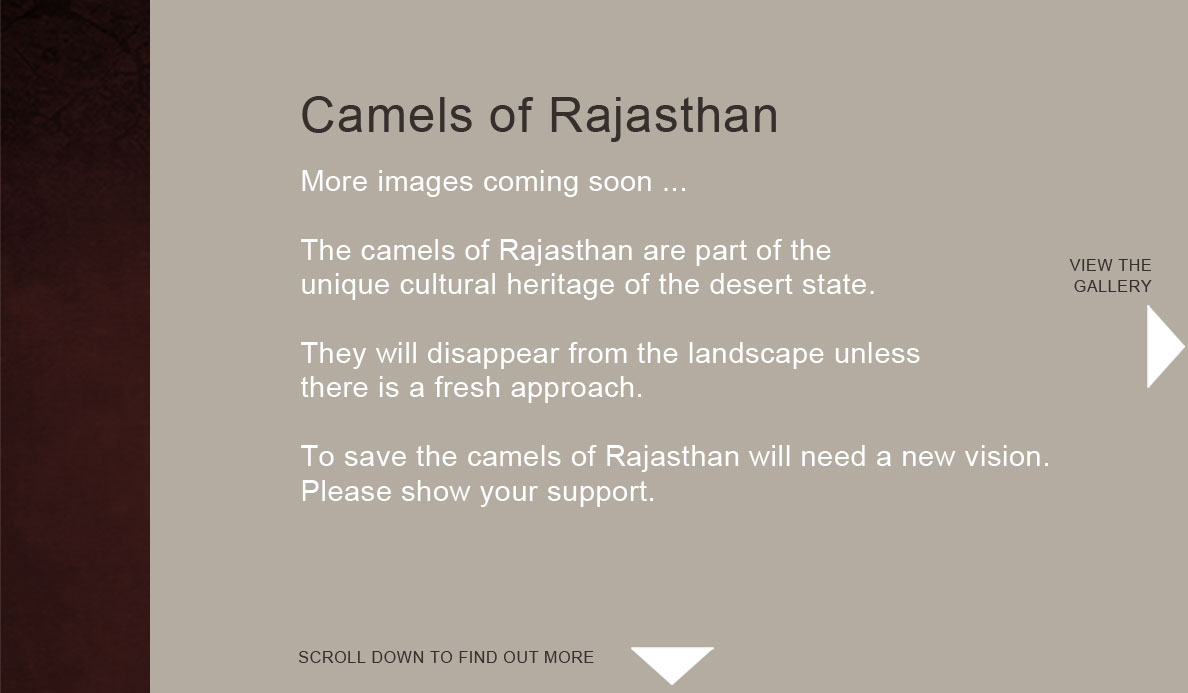Images by some of the world's leading photographers portray the camel pastoralist culture of Rajasthan.
The camel is part of the landscape of Rajasthan; the icon of the desert state, part of its cultural identity, and an economically important animal for desert communities. But camel numbers are plummeting.
To save India’s dwindling camel population, the government of Rajasthan declared the camel an official State Animal in 2014, and in 2015 passed legislation, the Rajasthan Camel (Prohibition of Slaughter and Regulation of Temporary Migration) Bill, to protect it. But this did not provide solutions to the key issues behind the crisis.
On 2 October 2016, the Rajasthan state government announced Ushtra Vikas Yojana, an innovative new Camel Development Scheme. But the measures announced still need to be flanked by further interventions and investments to make camel breeding economically viable again.
The Gujarat government, with dairy producer Amul, has been supporting the development of camel milk dairy since 2011, and has just started marketing it in selected locations in Gujarat. But although Rajasthan has many more camels, a surviving and superbly-adapted herding system, and high quality camel milk, the state is lagging behind in dairy investment; development of microdairies and specialist products may be the only way forward if Rajasthan's camels are to survive.
Support a new vision for the camels of Rajasthan.
Please join us for the official inauguration of the Kumbhalgarh Camel Dairy, 24th February 2019 !
Find out more about India's camels and Rajasthan's native plants.

